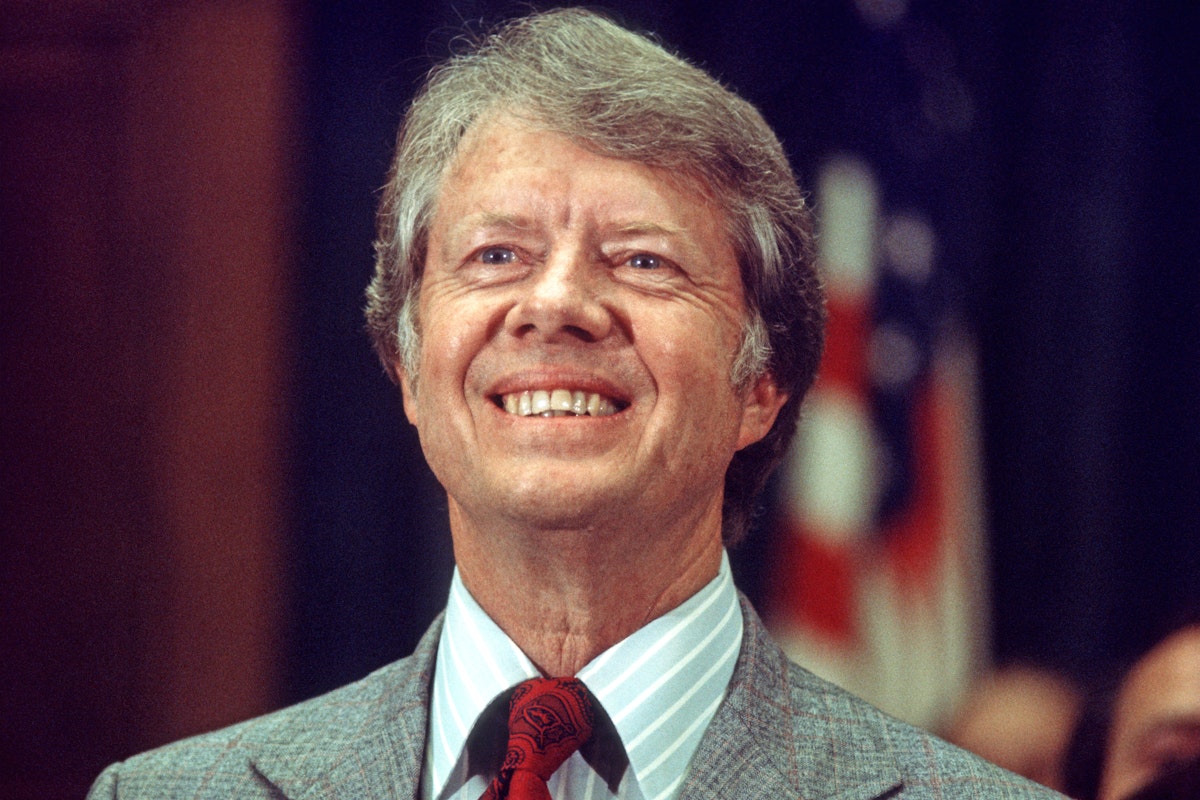

From the perspective of 2024, when every presidential election is a white-knuckle affair, it is hard to appreciate the arrogance of Democrats in the 1970s. So many of the missteps of the Carter years have their roots in the widespread belief that the Democrats were America’s natural governing party. The only times the Republicans had won the White House since 1928 were when they nominated a widely popular war hero (Dwight Eisenhower) or when the Democrats fractured over Vietnam (Richard Nixon in 1968 and 1972). During the Carter presidency, the Democrats had lopsided margins in Congress: a more than a 120-seat edge in the House and always around 60 Senate seats. Since the Great Depression, Republicans had only held majorities in Congress for two sessions. It seemed unfathomable until Election Night 1980 that Democrats could lose the Senate in the Ronald Reagan landslide.
During the Carter years, Democrats felt that free expression was infinitely more important than party unity. The pattern was set during the 1976 Democratic primaries when Carter, instead of wrapping up the nomination after his early victories, had to contend with last-minute challenges from California Governor Jerry Brown and Idaho Senator Frank Church. After he became president, despite the huge Democratic margins on Capitol Hill, Carter’s relations with Congress were often rocky. Cabinet members even quietly lobbied key legislators to oppose the White House’s priorities. As Alter makes clear in his biography, the dominant issue for the president as the Iranian revolution was raging in January 1979 was what to do about Bella Abzug, the left-wing former New York congresswoman who freely denounced Carter’s priorities while she worked out of an office in the White House. (Carter fired her from her post as the chair of the National Advisory Committee on Women).
At the Labor Department, I witnessed the messiness of the Carter years. The president had reluctantly approved a massive New Deal-style public service jobs program that created over 700,000 annual positions for the unemployed. But, for the most part, the administration was more interested in catering to boodling Democratic mayors and liberal interest groups (especially public service unions) than in running an effective program. The prevailing naive attitude was that the voters would give Democrats the benefit of the doubt since, unquestionably, our hearts were in the right place.






